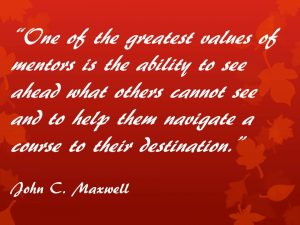My father had a small business which I thought imprisoned him, so when I was growing up I swore I would never “do retail.”
Boy, was I wrong. As an author, I wound up owning my own small business and it’s as vulnerable to competition and the vagaries of the marketplace as any physical store. Sometimes it’s just as exhausting.
From the beginning of my book publishing career in 1990, I was deeply involved in pushing my work, contacting venues for readings, investing in posters and postcards, writing my own press releases when I thought my publisher hadn’t done a good job, and constantly faxing or mailing strangers around the country about my latest book.
Then came the Internet and everything shifted to email. Add a website that needs constant updating; Twitter and Facebook, Goodreads and Instagram; keeping a presence on various listservs; blogging and blog tours; producing book trailers; updating ebooks in various ways; and the constant reaching out to strangers in the hope of enlarging my platform and increasing sales. It never ends.
And neither does the advice offered by consultants. I’m deluged by offers to help me increase my sales and drive more people to my web site. They come 24/7 and when they tout success stories, I sometimes feels as if I’m trapped on a low-performing TV show while everyone else on the schedule is getting great Nielson ratings.
Going independent for a few books after I published with big and small houses momentarily made me feel more in control, but that control morphed into an albatross. My 25th was brought out by a superb university press, Terrace Books, and I was relieved to not be in charge, just consulted. Ditto with nos. 26 & 27, mysteries published by Daniel and Daniel.
Way too often, the burden of business has made writing itself harder to do, and sometimes it’s even felt pointless because it initiates a whole new business push. So this isn’t a blog that promises you magic solutions to your publishing problems. This blog says: If you’re going to be an author, prepare to work your butt off at things that might not come naturally to you and might never feel comfortable, whether you’re indie published or traditionally published.
One author friend who’s been a perpetual NYT best seller confided to me that despite all the success she’s had, “I still feel like a pickle salesman, down on the Lower East Side in 1900.”
Lev Raphael is the author of 27 books in genres from memoir to mystery. He coaches and mentors writers, as well as editing manuscripts, at writewithoutborders.com.

